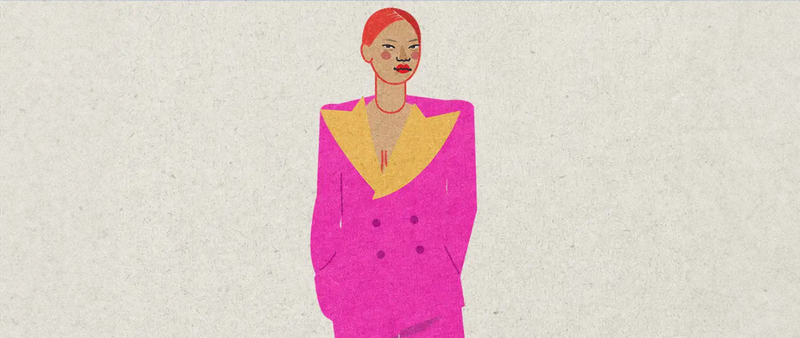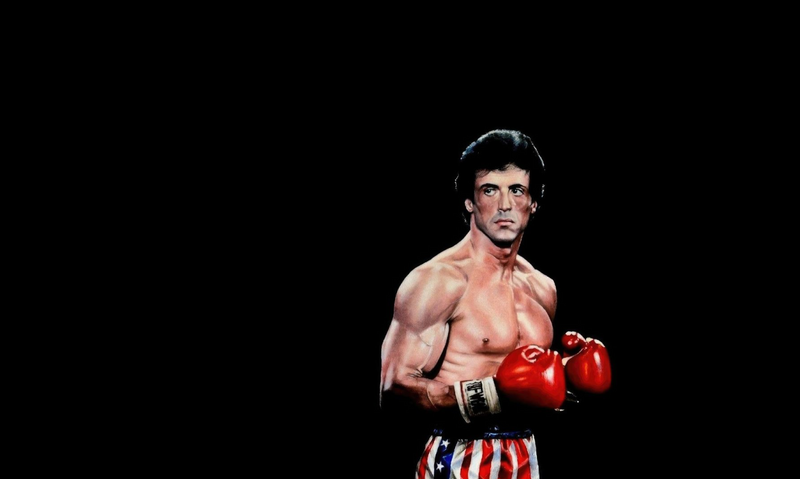Anyone who uses the internet will have come across a meme at a certain point. But what exactly are memes? And where do they come from?
Nowadays, in common usage, this term is mainly employed to indicate what is known in technical jargon as an “internet meme”: something that is copied and circulated online with slight adaptations, including basic pictures, video templates, etc.

In other words, an internet meme is an image, a video, or a GIF used to express a concept, a feeling, or a situation that can be re-adapted and modified to acquire new meanings, while always referring to the same basic idea.
A clear example is the famous picture of the so-called “distracted boyfriend”. Originally created by the Spanish photographer Antonio Guillem to depict the concept of infidelity in a “playful and fun way”, in 2017 this photograph went viral, and was modified in several ironic ways to symbolize a choice against the tide, often risky, if not even totally wrong. See the image below.

In the beginning, there was a dancing baby
It is hard to establish when internet memes first appeared. According to TechCrunch, one of the earliest examples was the so-called Dancing Baby or Oogachacka Baby. This was a CGI animation portraying – as the name indicates – a baby dancing to the beat of “Hooked on a Feeling” by Blue Swede. Anyone who had an email box during the second half of the nineties must have seen this somewhat freak animation at least once. It soon became popular and even appeared in a famous television series, Ally Mc Beal.
Other remarkable “ancient memes” were the “Hampster Dance” and, above all, the famous catch-phrase “All your base are belong to us”. The latter comes from the opening cut scene of a videogame, Zero Wing. The dialogue, originally in Japanese, was meant to explain the scenario to the gamers: in the midst of an intergalactic war, an evil cyborg has just taken over all the space bases belonging to our beloved human heroes; a more proper translation would be “all of your bases are now under our control”.
This poorly translated sentence was so cringeworthy that it went immediately viral and, between the late 1990s and early 2000s, the catch-phrase reached every corner of the planet. It was practically everywhere: T-shirts, teacups, art exhibitions, songs, movies…it was even written on the wall of my school bathroom, located in the most extreme southern outskirts of Europe, where literally nobody spoke English.

Moreover, twenty years after its first global spread, this meme experienced renewed fortune. In 2019, at the news that her proposal of increasing tax rates for the richest was finding broad support even among republicans, the democratic congresswoman Alexandria Ocasio Cortez sarcastically tweeted “all your base (are) belong to us”. The pun obtained immediate success, finding wide consensus on social media.
The origin of the word meme
As a matter of a fact, the word meme has existed long before the internet become a thing and its history is more interesting than one can imagine. The term was coined in 1975 by the evolutionary biologist Richard Dawkins in one of his most famous books, The selfish gene

Here Dawkins hypothesized the existence of a minimum unit of cultural transmission – the meme – which can pass from person to person, by imitation. Etymologically, the term derives from the Ancient Greek mimeme, whose root means “to imitate”, and the concept was modelled on that of gene. Like genes, memes can indeed self-replicate, mutate, and above all, over time they are subjected to a process comparable to that of Darwin’s natural selection.
The rise of memetics
Subsequently, a whole discipline arose from Dawkins’ intuition, the so-called memetics, aimed at explaining the dynamics characterizing the rise, the spread, the transformation, or the extinction of human ideas and behaviours, but from a quite intriguing perspective. According to memetics, memes, exactly like genes, tend to be “selfish”. It means that their main characteristic is the attempts to save and propagate themselves without caring of their temporary human hosts. As eloquently expressed in the title of a book by Susan Blackmore, one of the foremost memetists, human beings would be nothing more than a mere “meme machine”, and memes would act like viruses capable of taking over our minds in order to replicate themselves.

Until the early 2000s, memetics was considered a promising theoretical model to evaluate the evolution of cultural facts but it also attracted criticisms. Above all it was highlighted that by attributing a typically human trait, that of “selfishness”, to an abstract concept involves the risk of minimizing the role of human actions and choices in the development of cultural phenomena. Especially the anthropologist Scott Atran underlined how the comparison between memes and genes can be misleading: while mutations are rare - almost an exception - for genes, within human ideas the possibility of infinite transformations is not only a norm but the very thing that makes humans beings and their diverse cultures so unique.
Ludwig’s wrap up
Beyond the alternating vicissitudes of memetics as a scientific discipline, there is no doubt that the word meme has now conquered the world by finding a fertile ground on social media. Internet memes are indeed able of capturing our imagination in ways that other visual tools are not able to do. They are funny, catchy and entertaining. Not by chance, Urban Dictionary, notorious for its stinging sarcasm, has defined them as “the best antidote for depression”.

On the other hand, internet memes are also much more than that. Nowadays, they are one of the most effective and fastest means of communication. In recent times, memes have even begun to play a foremost role not only in marketing and advertising, but also in election campaigns. According to the scholar Joshua Troy Nieubuurt, internet memes are one of the latest evolution of “leaflet” propaganda and an effective tool in the arsenal of digital persuasion. Definitely, the time has come to take memes seriously.






